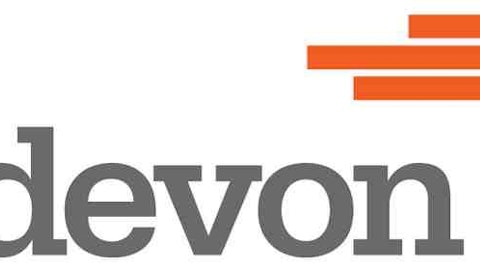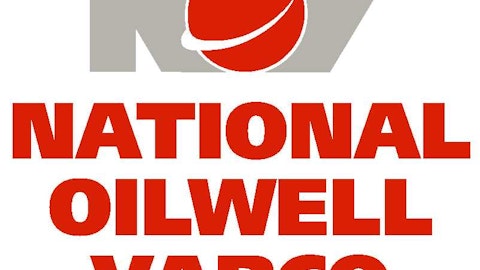On March 4, Transocean LTD (NYSE:RIG) announced it intends to restore its dividend payments after pressure from activist shareholder Carl Icahn. In the aftermath of the tragic Gulf of Mexico spill, Transocean LTD (NYSE:RIG)—the Switzerland-based operator of the Deepwater Horizon rig that exploded—had suspended its shareholder distribution to maintain its credit rating and strengthen its balance sheet. Three years later, the company finally believes it has enough flexibility to resume paying dividends. The question to investors now is, has the heightened risk associated with Transocean LTD (NYSE:RIG) finally abated? Or, are there better alternatives among the oil drillers that you should consider instead?
Icahn to the rescue
Carl Icahn, noted activist hedge fund manager, is famous for investing in companies he believes are undervalued and then exerting as much influence as he can over the company’s financial management. Icahn, the largest Transocean LTD (NYSE:RIG) shareholder with a 5.6 percent stake, had previously stated his belief that Transocean LTD (NYSE:RIG) was undervalued and that he would propose a $4-a-share dividend at the company’s annual meeting.
In the March 4 announcement, Transocean LTD (NYSE:RIG) revealed that its board accepted Icahn’s position and would recommend an annualized payout of $2.24 per share. The dividend payment would cost the company about $800 million in cash every year.
Fellow oil & gas equipment and services stocks Schlumberger Limited. (NYSE:SLB) and Halliburton Company (NYSE:HAL) compete with Transocean but can’t offer valuation profiles as attractive as Transocean’s. Schlumberger Limited. (NYSE:SLB) reported full-year 2012 revenue and operating income per share growth of 14% and 15%, respectively. The company also provided investors with a 13% dividend increase in early 2013.
Halliburton Company (NYSE:HAL)’s fourth-quarter 2012 results were less impressive, with revenue and operating income each climbing only 2.8% year over year. Moreover, full-year results were mixed. On the plus side, revenue increased 15% from 2011. However, higher costs and pricing pressure led to a 15% drop in full-year income from continuing operations.
Transocean also announced that it was comfortable enough with its financial position to not only institute a big dividend going forward, but that it could also speed up the company’s debt repayment. Transocean will boost debt repayments by retiring another $1 billion by the end of next year on top of current payment obligations, according to the company’s statement.
Clearly, Transocean believes that the company has the financial flexibility to both reinstate its dividend and accelerate debt payments, and shareholders should take comfort in the fact that the company’s results confirm this. The company revealed solid full-year results of $3.96 of adjusted earnings per share on the back of 15% growth in operating revenue.
Going forward, the company’s dividends and interest expense going forward will still be entirely manageable. In 2012, interest expense totaled $723 million. Even adding the $800 million in dividend payments still leaves the company in a comfortable financial position. Cash flow from operations totaled more than $2.7 billion in 2012, representing a 48% increase over the prior year.





